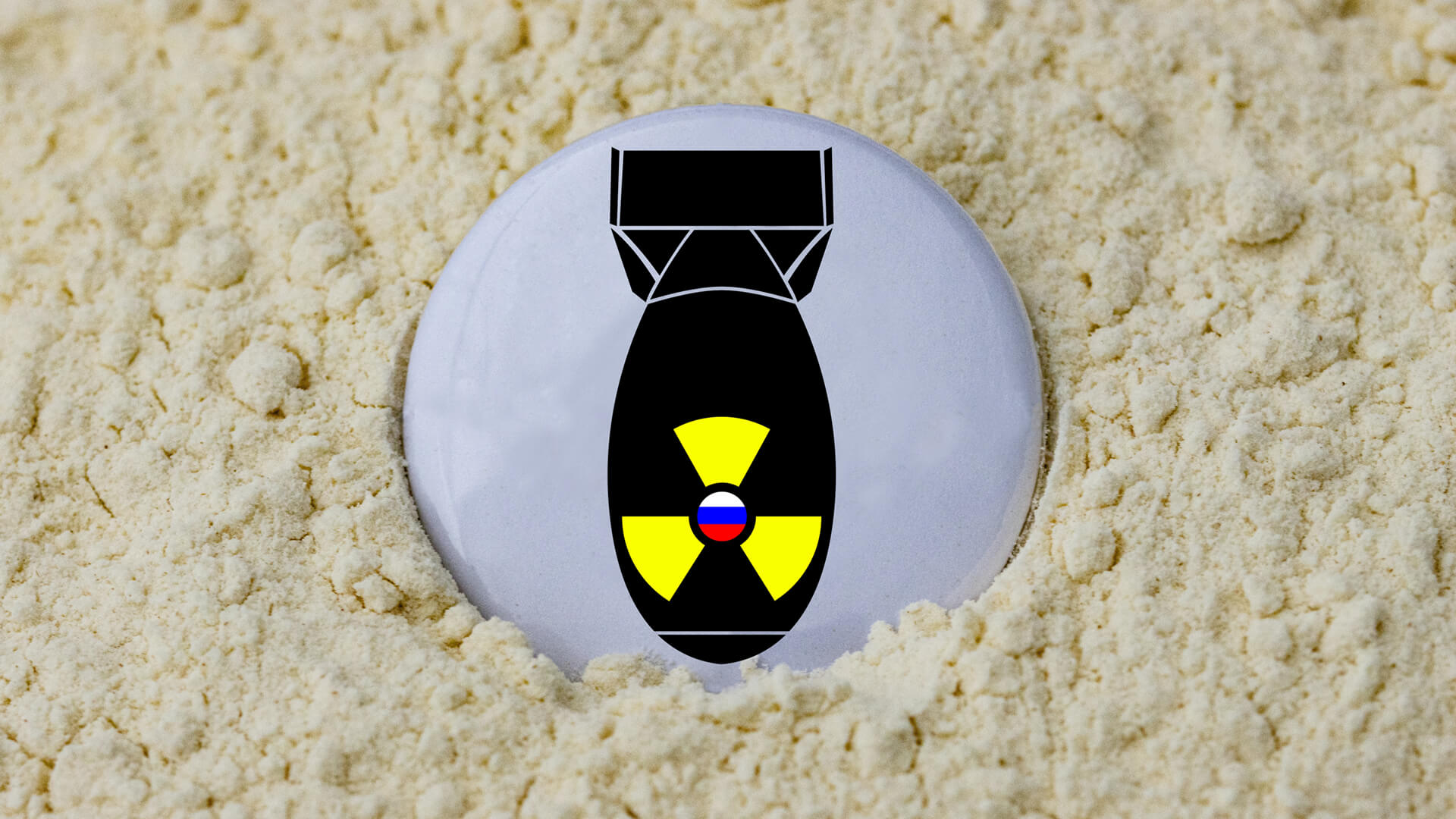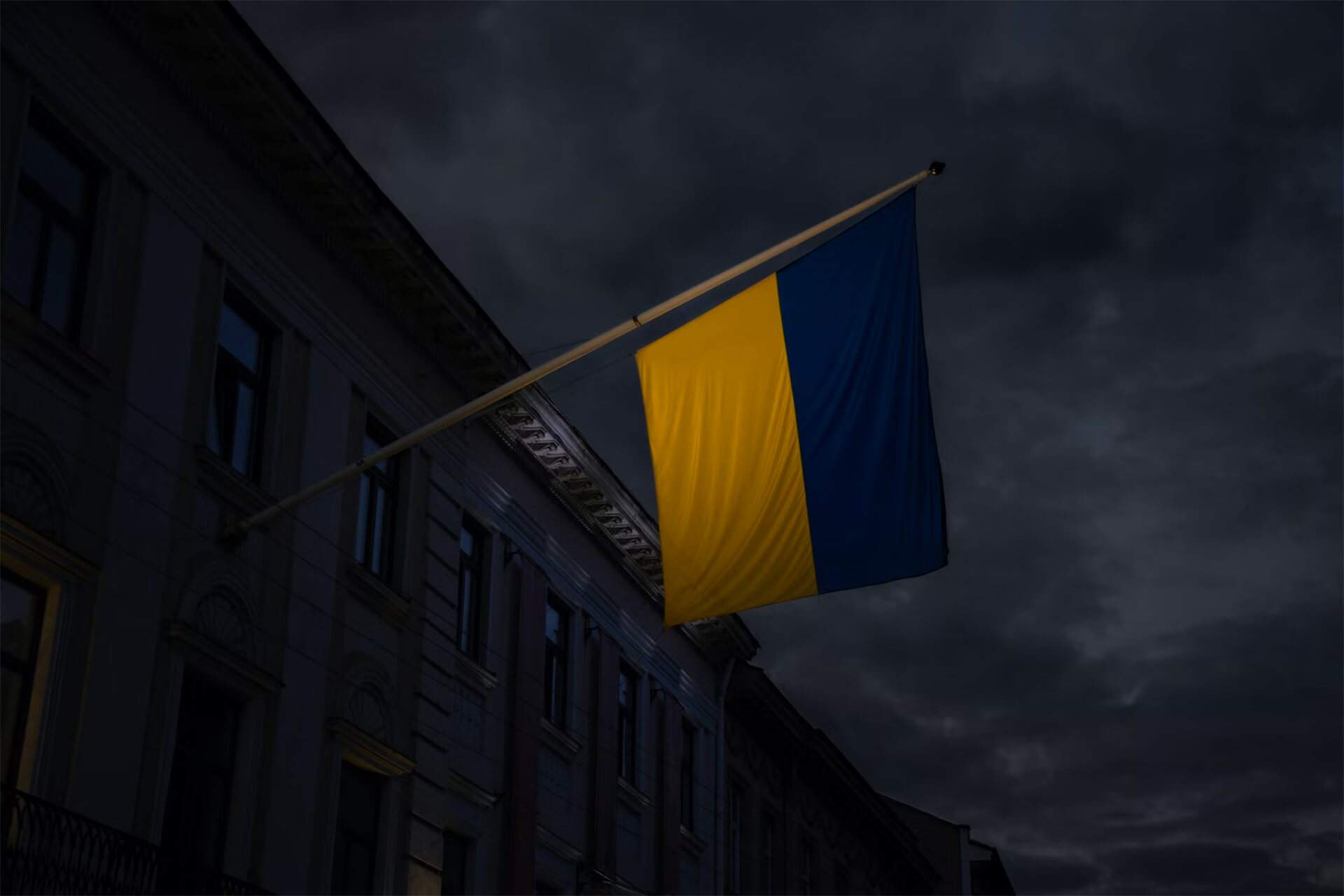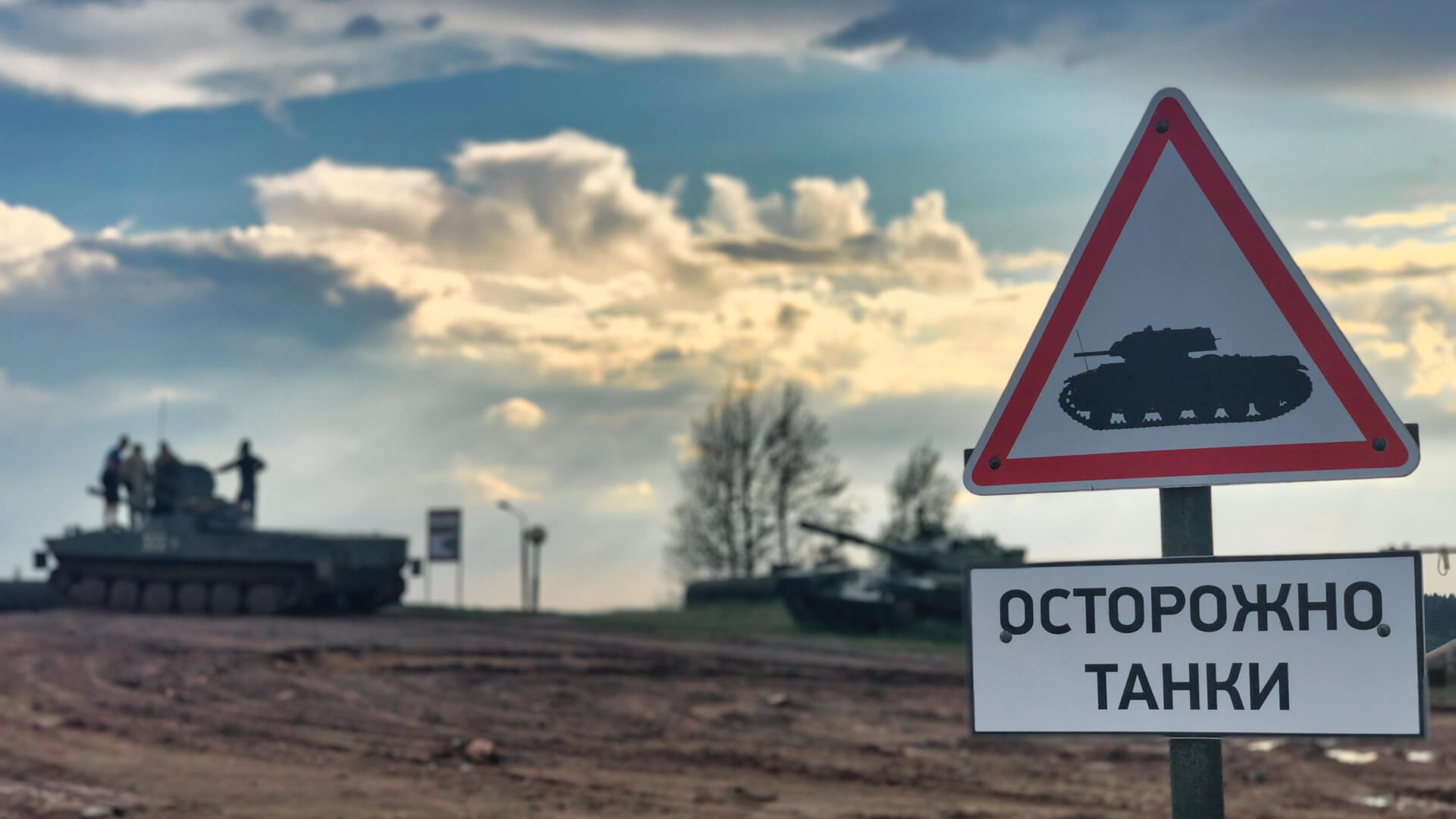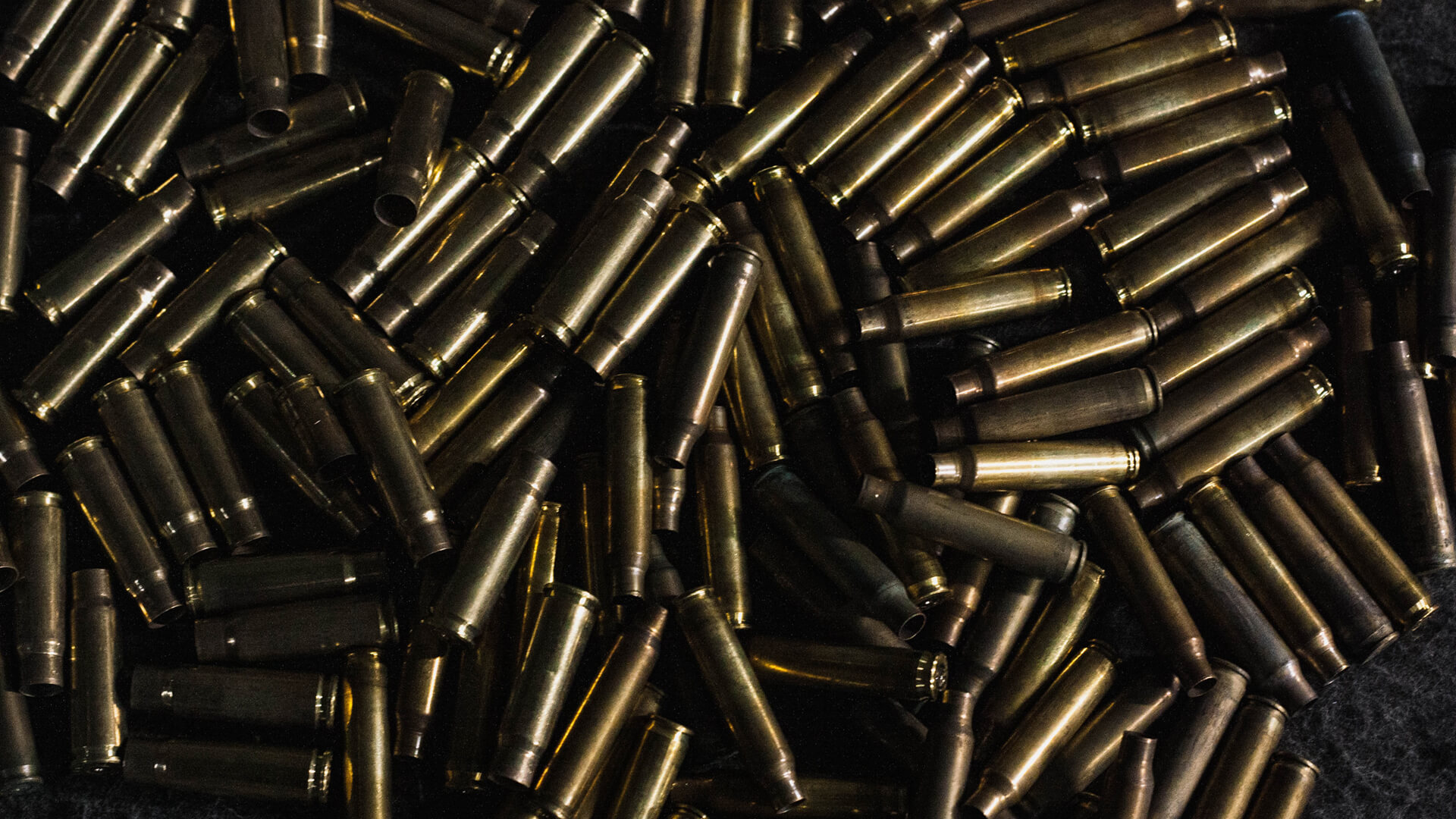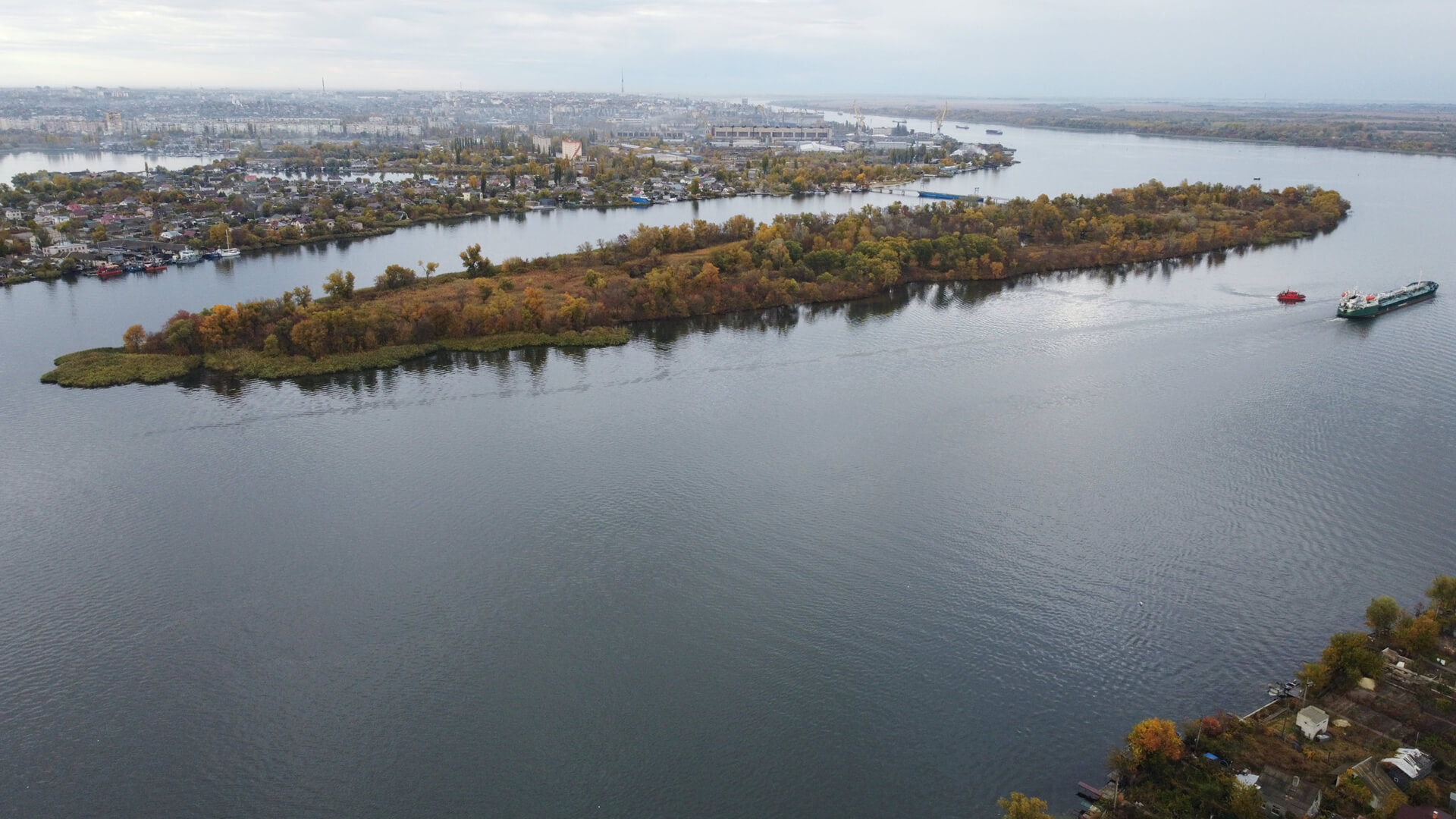“What about Russian nukes?”
It’s a question I hear in some form or another almost daily while I’m traveling to speak and meet with clients, or in response to my newsletters. My attitude most days is “well, what about them?”
Let’s consider Russia’s strategic aims in Ukraine. Ukraine, as a buffer state, only continues to perform as such if it’s under Russian control. If not, well… your enemies, perceived or in reality, can flood the space with arms and combatants and use it as a launching pad to strike at the heart of the Russian state. More important, Russia needs to regain control of Ukraine so that if (read: when) it’s deemed necessary, Russian forces can move into places like Poland and Romania and occupy the critical geographies used to move troops and materiel overland to invade Russia.
So called “tactical,” or small-scale nuclear weapons aren’t great for holding territory. Nuked territory isn’t great for stationing troops. And long-range ICBMs lobbed at the US or London or Paris are even worse for holding territory, or keeping Russian Presidents and a socio-politico-economic mafia elite alive. This is especially true if we consider the state of Russia’s nuclear arsenal. There are some arguments that even if Russian troops and armored transports and planes and tanks and fuel trucks and MREs and intelligence and cyber and logistical capabilities are at levels far below what the world was expecting, they’re still keeping the crown jewels of Russian defense–the nuclear arsenal–is top operating condition.
I’m less than convinced. The only thing more foolhardy and full of risk than a cornered, losing Russian president trying to fire nukes willy-nilly? The same-such president pushing the red button and having the world witness a failure to launch.
We have never and will never charge for our newsletters or videos, but we do have an ask. If you enjoy our products, we ask you consider supporting MedShare by clicking one of the links below. MedShare is an established non-profit organization that helps respond to medical need globally, including to the ongoing crisis in Ukraine.

